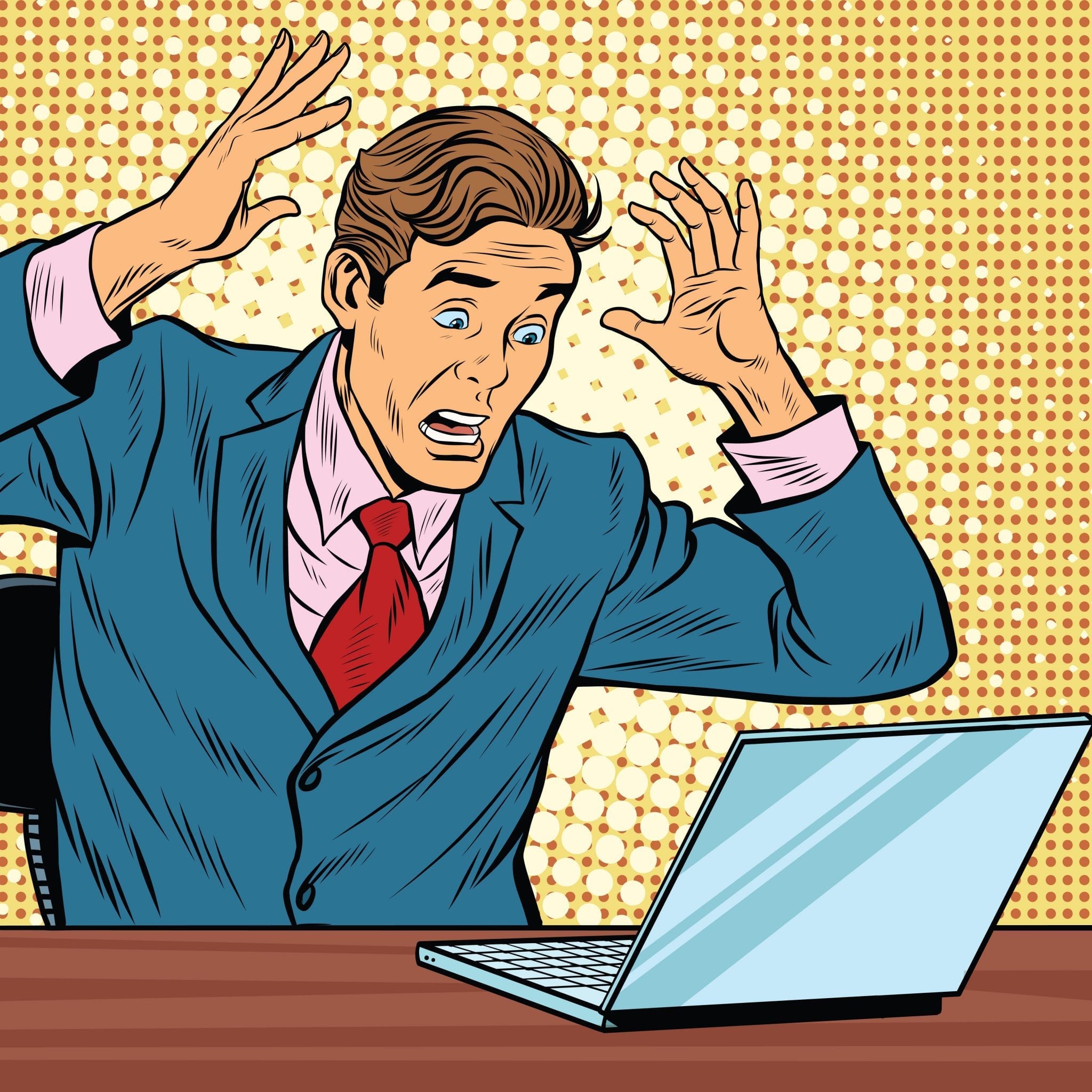 Widespread and anxious reactions to statements like Trump’s fire and fury spread fast across the Twittersphere. We can’t blame Twitter alone for the far-reaching impact of this kind of news. Only about 25 percent of the population is on Twitter (Greenwood, Perrin, & Duggan, 2016). This type of news reverberates across all channels, not just social media the news source for a frightening 62 percent plus of the population (Gottfried & Shearer, 2016).
Widespread and anxious reactions to statements like Trump’s fire and fury spread fast across the Twittersphere. We can’t blame Twitter alone for the far-reaching impact of this kind of news. Only about 25 percent of the population is on Twitter (Greenwood, Perrin, & Duggan, 2016). This type of news reverberates across all channels, not just social media the news source for a frightening 62 percent plus of the population (Gottfried & Shearer, 2016).The psychological impact of the fire and fury climate lays as much at the feet of traditional news channels as social media—they report the event AND the response to it on social media. Like the telephone game, it’s not long before the story takes on a life of its own, raising our collective blood pressure. So, no matter what our politics, we should be grateful for the responses that are jokes and parodies across Twitter. Seeing others making light of scary things can make us less anxious.
Jokes and parodies defuse our anxiety and increase our ability to reason.
Social media platforms like Twitter are not the real danger, of course. They are a reflection of it. Whether or not you agree with his philosophical stance, Trump’s rhetoric has added a whole new collective dimension to social anxiety. His kneejerk grandstanding and lack of respect for others not only sets a terrible model of citizenship for young and old alike, but it continues to create a climate of fear and anxiety. This works to his benefit as a politician as it keeps his supporters on high-alert and seeking a misplaced sense of security because he “stands tough.” It creates confusion, anxiety, and distrust elsewhere, in addition to whatever longer-term damage may occur on many fronts, from continued social divisiveness to the dissolution of international relationships.
The political jokes, memes, videos and parodies across Twitter are positive because they can make us laugh, take pause, step back and share, increasing our sense of social connection. These tweets and posts defuse anxiety and can make us more open-minded and more able to hear another side. Humor is an excellent source of distancing and reframing. Generating laughter (or even a smile) changes our body chemicals and improves our optimism and resilience, making us better able to withstand anxiety and fear (Rossouw, 2013). It also makes us better able to evaluate real danger from arm-waving.
The flow across social media makes it easy to ruminate. We are hardwired to notice scary stuff—it’s how we’ve survived for millions of years. It’s good to be informed, but if you find yourself obsessively reading reports that increase your anxiety, then taking a break is a good idea. Ruminating on fearful and anxiety-provoking things increases negative moods (Ciesla & Roberts, 2007), triggers our flight or fight instinct and decreases our cognitive capacity to think clearly and effectively. Our reaction is to, obviously, run or fight to protect ourselves. This biological function precludes deep thought and reason. Taking a bit of a break from social media is always a good idea when you find yourself preoccupied with negative news. You are what you eat. All that negativity without reason can impact your productivity at work and your social life. You can watch a few YouTube videos that make you laugh as an antidote to reset your body chemicals and then get back to work.
References
Ciesla, J. A., & Roberts, J. E. (2007). Rumination, negative cognition, and their interactive effects on depressed mood. Emotion, 7(3), 555.
Gottfried, J., & Shearer, E. (2016). News use across social media platforms 2016. Pew Research Center Journalism and Media. Retrieved August 9, 2017 from http://www.journalism.org/2016/05/26/news-use-across-social-media-platforms-2016/.
Greenwood, S., Perrin, A., & Duggan, M. (2016). Social media update 2016. Pew Research Center Internet & Technology. Retrieved August 9, 2017 from http://www.pewinternet.org/2016/11/11/social-media-update-2016/
Rossouw, P. (2013). The neuroscience of smiling and laughter. The Neuropsychotherapist, 1(1).

 Dr. Pamela Rutledge is available to reporters for comments on the psychological and social impact of media and technology on individuals, society, organizations and brands.
Dr. Pamela Rutledge is available to reporters for comments on the psychological and social impact of media and technology on individuals, society, organizations and brands.